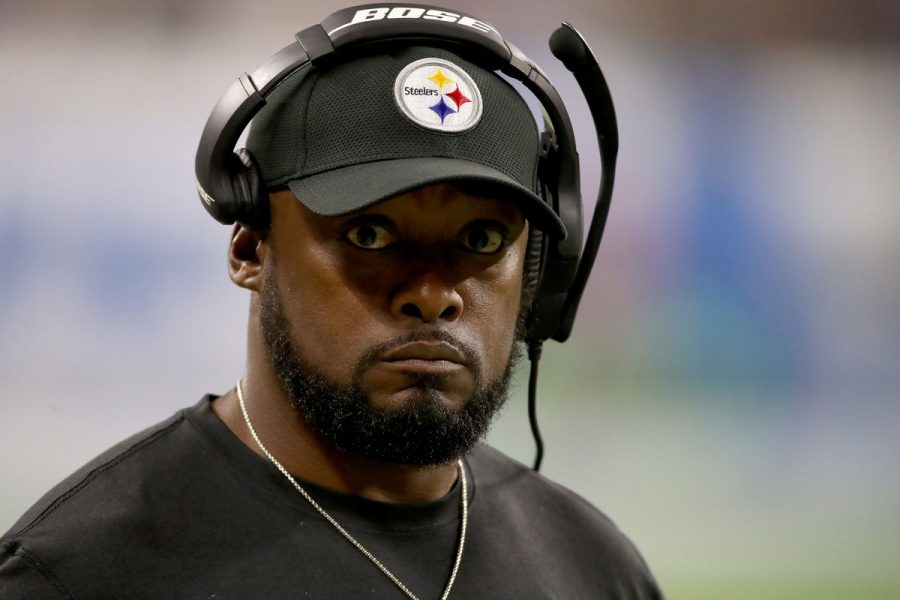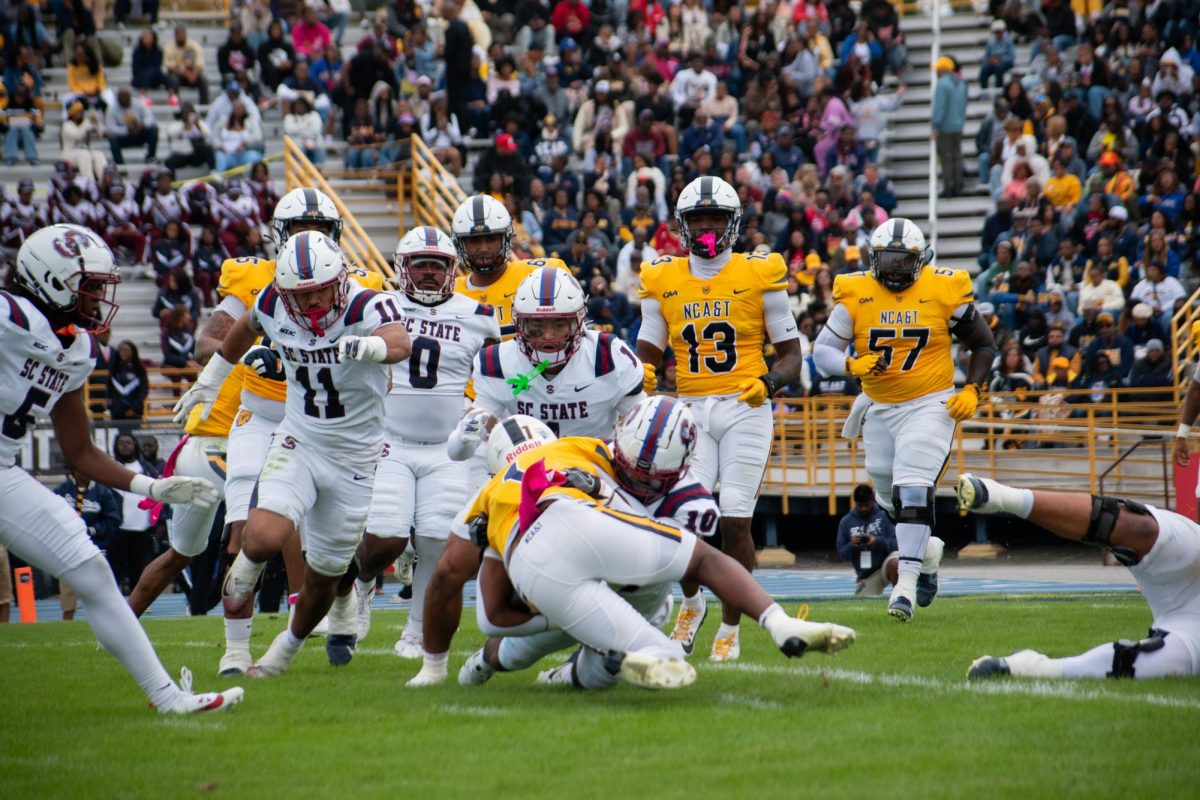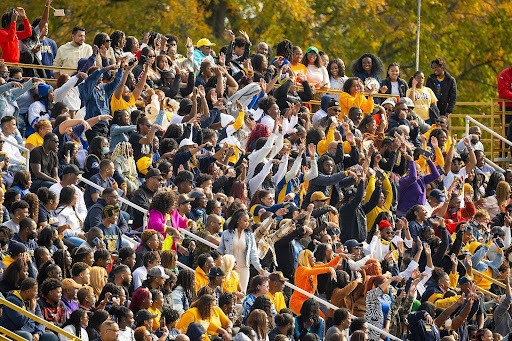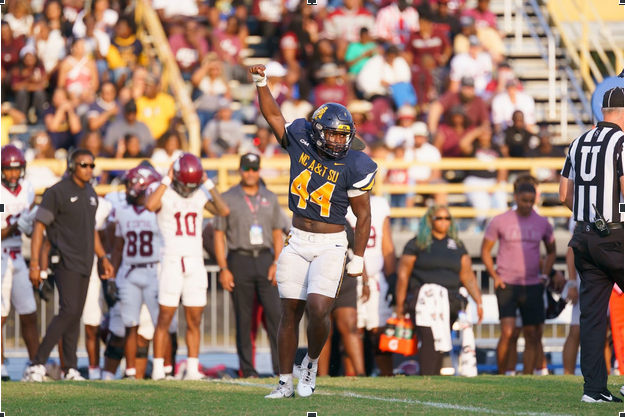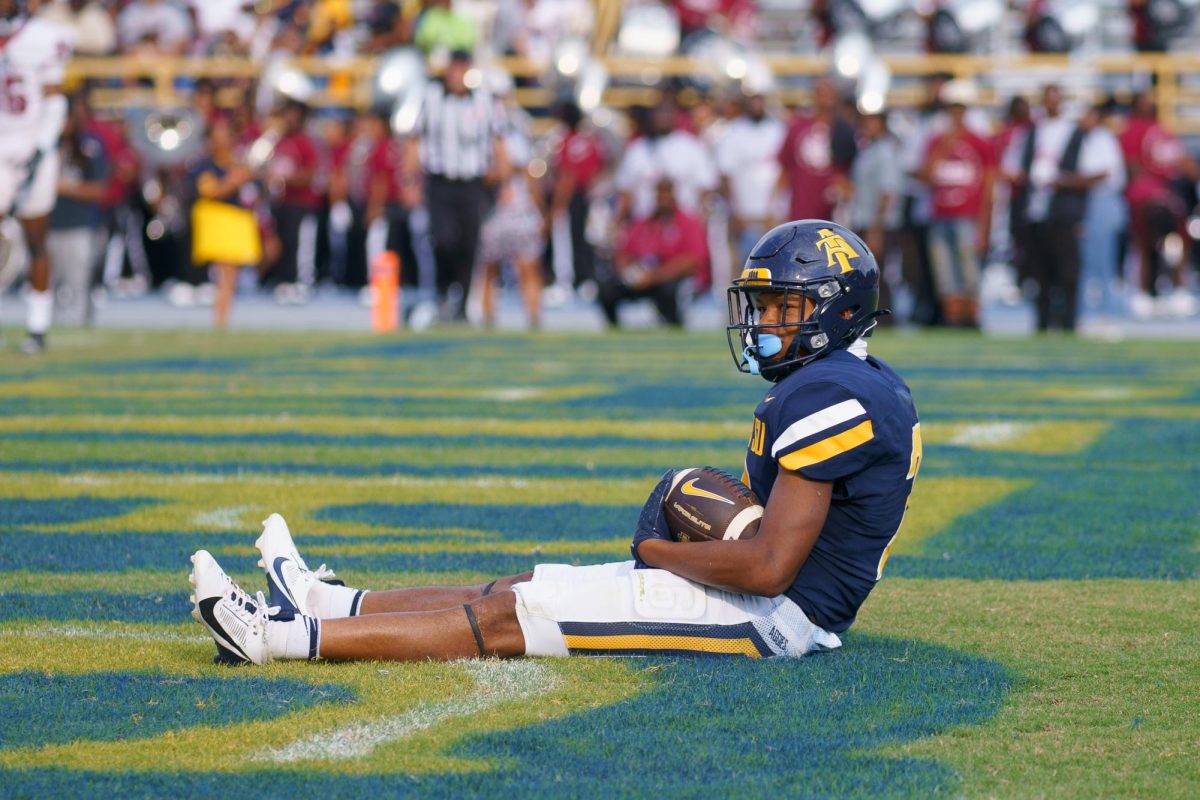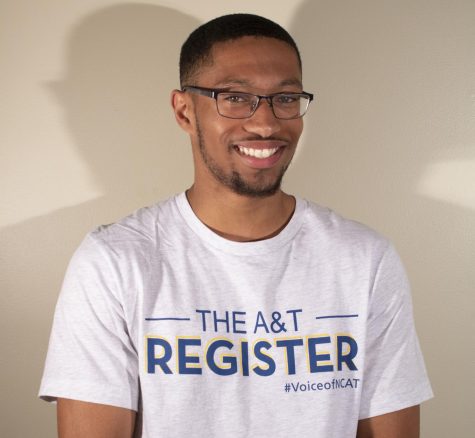The NFL has seen a plethora of prominent Black figures over the decades throughout the history of its existence.
Both offensively and defensively, many black pioneers have helped evolve the game and become trendsetters. The only thing that has not been a consistent tendency is the hiring (or lack thereof) of Black coaches. This is nothing new in the NFL, and even with the current state of the world, matters have not significantly improved.
At the start of the 2020 season, there were only three black coaches in the league: Brian Flores of the Miami Dolphins, Mike Tomlin of the Pittsburgh Steelers and Anthony Lynn of the Los Angeles Chargers. Lynn was fired by the Chargers in early January after missing the playoffs for the third time in four years; Flores is coaching a young and progressing Dolphins team; Tomlin is the longest tenured member of the crew, coaching Pittsburgh since 2007.
There has not been an abundance of opportunities for Black coaches to oversee a team. To help with this problem, former Pittsburgh Steelers owner Dan Rooney, who was also the chairman of the league’s diversity committee, implemented the “Rooney Rule” in 2003.
The Rooney Rule states that if a team has a head coaching vacancy, that team must interview at least one candidate that is a person of color. This rule was put in place to give Black coaches a better chance at a shot to coach at the highest level of football.
A heavily desired candidate has been Kansas City Chiefs offensive coordinator Eric Bieniemy, who works under current head coach Andy Reid.
Bieniemy is a popular candidate due to his success with the Chiefs’ offense since becoming the offensive coordinator in 2018. In his first season, the Chiefs led the league in yards per game and scoring. Bieniemy’s offensive schemes helped Kansas City win Super Bowl LIV in 2020. Bieniemy has been on the radar for two straight offseasons for a head coaching position, but no hire.
A notable problem with the lack of hiring of Black coaches includes hypocrisy with resumes in comparison to White coaches. If a team is looking for a candidate, the best available option is what they should go after.
But that isn’t always the case.
In 2018, the Arizona Cardinals fired Steve Wilks after one season with the team, going 3-13. Wilks’ replacement was former Texas A&M offensive coordinator and Texas Tech head coach Kliff Kingsbury. In Kingsbury’s tenure as a college head coach, he went 35-40, a career that included one bowl win and no conference titles. Many analysts felt like this was a hire based off of Kingsbury coaching 2012 Heisman winner Johnny Manziel at Texas A&M and current NFL quarterbacks Baker Mayfield and Patrick Mahomes at Texas Tech.
ESPN commentator Stephen A. Smith was quick to point out his problems with the hire, expressing that he felt as if Kingsbury didn’t deserve the job. Smith believed it to be a “hookup” hire.
“The problem is, he is a head coach, who never deserved to be a head coach in Arizona,” Smith said. “His overall record was 35-40. Would you mind telling me how this man became a head coach in the National Football League?”
This past January, the Houston Texans hired former Baltimore Ravens wide receiver coach and passing game coordinator David Culley. Culley was the only Black coach that was hired this offseason, and the last to fill in a head coaching vacancy in the NFL.
Tomlin is currently the winningest Black coach in NFL history with 145 wins, recently passing Tony Dungy. Of all coaches in NFL history, only three Black coaches are ranked in the top 30 in career wins: Tomlin, Dungy and Marvin Lewis.
Opportunities will be available for Black coaches to succeed, but symbolic gestures will not validate actual success.

